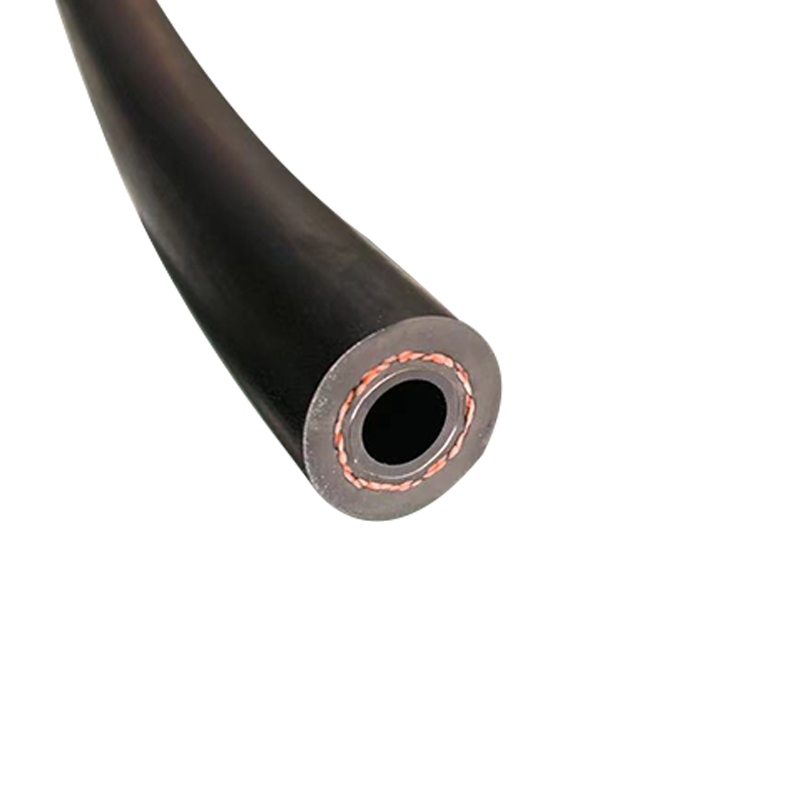automotive fuel line
Oct . 20, 2024 02:31 Back to list
automotive fuel line
The Importance of Automotive Fuel Lines Function, Types, and Maintenance
In the intricate world of automotive engineering, every component plays a vital role in ensuring that vehicles operate efficiently and safely. Among these components, automotive fuel lines are crucial yet often overlooked. Fuel lines are responsible for transporting fuel from the tank to the engine, and their integrity directly impacts the vehicle's performance. This article explores the significance of fuel lines, the different types available, and essential maintenance practices to ensure their longevity.
Function of Fuel Lines
The primary function of automotive fuel lines is to deliver fuel effectively and safely to the engine. Given that fuel is highly volatile and can be hazardous, the design and material of fuel lines are critical. These tubes must withstand high pressures and temperatures while also being resistant to corrosive substances. They ensure that fuel flows smoothly and efficiently, facilitating optimal engine performance. In addition to delivering fuel, fuel lines are designed to prevent leaks, which can lead to dangerous situations, including fires or explosions.
Types of Fuel Lines
Automotive fuel lines are generally categorized into two types flexible and rigid lines
.1. Flexible Fuel Lines Often made from rubber or synthetic materials, flexible fuel lines offer versatility and can easily bend around obstacles in the engine compartment. They are typically used in areas where movement occurs, such as near the engine or fuel pump. Flexible lines are advantageous due to their ease of installation and their ability to absorb vibrations, but they may require more frequent checks for wear and tear.
2. Rigid Fuel Lines These lines are usually constructed from metal, such as steel or aluminum, and are primarily used in sections of the vehicle where they can be securely fastened and are less likely to encounter movement. Rigid fuel lines are exceptionally durable and are less prone to damage from environmental factors. However, they can be more challenging to install or replace, particularly in confined spaces.
Signs of Fuel Line Issues
Maintaining fuel lines is crucial for vehicle safety and performance. Over time, fuel lines can deteriorate due to factors such as exposure to heat, chemicals, and mechanical wear. Drivers should be vigilant for any signs of potential problems, including
automotive fuel line

- Fuel Leaks A noticeable fuel smell around the vehicle or wet spots under the car are indications of leaks, which can be dangerous and require immediate attention. - Engine Performance Issues Symptoms such as a rough idle, stalling, or difficulty starting the engine may indicate a problem with the fuel delivery system.
- Visual Damage Cracks, bulges, or corrosion on the fuel lines can compromise their integrity, necessitating replacement.
Maintenance Practices
To extend the life of automotive fuel lines and ensure vehicle safety, regular maintenance is essential. Here are some best practices
- Regular Inspections Drivers should routinely check fuel lines for signs of wear, leaks, or damage, especially before long trips.
- Replace Old Lines If vehicles are more than a few years old, consider replacing old fuel lines as a preventive measure. This is especially true for rubber lines that can degrade over time.
- Proficient Installation When replacing fuel lines, it is imperative to use quality parts and follow manufacturer specifications to ensure proper fit and function.
- Proper Storage of Fuel Keeping fuel in a clean, uncontaminated environment is vital, as impurities can harm fuel lines and internal engine components.
Conclusion
Automotive fuel lines are a small yet essential part of vehicle safety and performance. Understanding their function, recognizing potential issues, and adhering to maintenance practices can significantly enhance vehicle longevity and reliability. As with all automotive components, attention to detail and preventive measures are the keys to ensuring that these lines perform optimally and safely throughout their operational life. Regular checks and timely replacements will not only save money in the long run but also ensure that drivers can navigate the roads with peace of mind.
